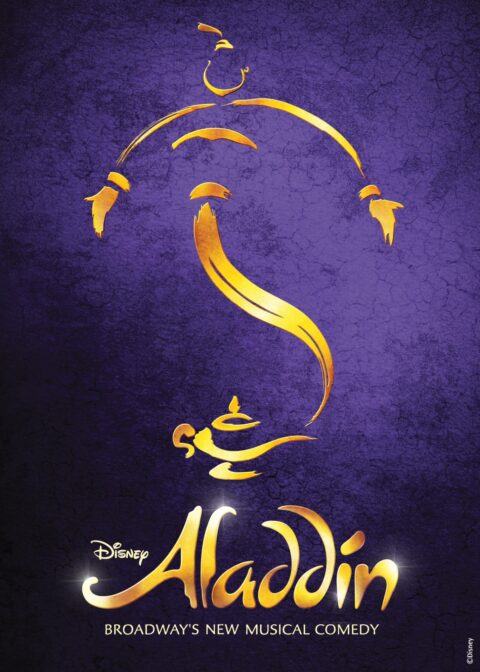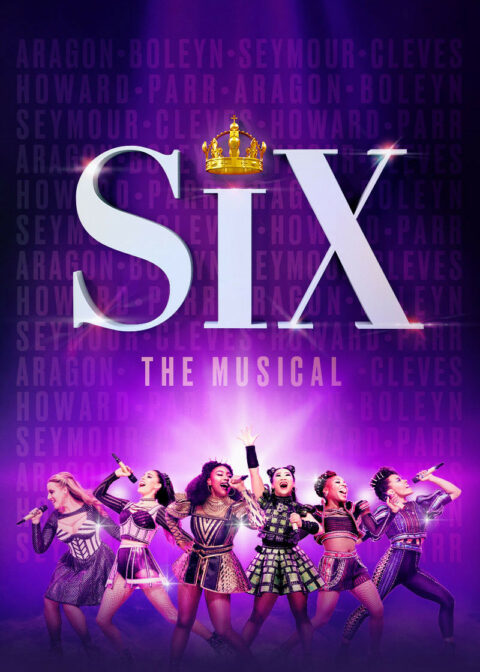The New York Times theater reviewers, especially chief critic Ben Brantley , have a great deal of influence over Broadway Ticket Sales
New York Times Theater Reviewers Have a Great Deal of Influence Over Broadway Ticket Sales
In New York, there is no shortage of places to find theater criticism. Newspapers, magazines, TV programs, websites, and blogs all run reviews, which Broadway producers happily pull positive quotes from to plaster on their theaters. But everyone knows that only one of these outlets really matters - and that's the New York Times.
When New Yorkers say, "Oh, I heard the reviews for that show were terrible!" what they really mean is "The New York Times panned it." A Broadway show can get nearly unanimous raves from the New York Post, the NY Daily News, USA Today, and a number of other major outlets, but if the Times critic doesn't like it, then box office business is liable to suffer.
New York Times Influences Locals, But Not Tourists
However, the New York Times's influence is mostly on regular or semi-regular theatergoers who live in New York City and the tri-state area (NYC, Connecticut, and Jersey), people who read the Times like sacred scripture and have a surprising amount of faith in The Gray Lady's theater critics. Tourists tend to be blissfully unaware of what the New York Times critic thinks of a given play or musical, so they just go to whatever has good word of mouth, a recognizable title, or what an unlimited advertising budget has convinced them might be worth a look (see: Disney).
Because tourists make up such a significant percentage of the Broadway audience these days, that means that the Times's power is not unlimited. Many big Broadway shows have easily weathered withering reviews from the New York Times. It is actually the smaller shows, plays and off-beat musicals in particular (the kinds of shows that thrive on local support), that have the most to win or lose from the Times review. A rave can instantly turn a little show that nobody has heard of into a huge hit, and a pan can usher a promising work straight into obscurity.
Chief Theater Critic Ben Brantley Is One of the Most Powerful Men On Broadway
Over the years, the Times's Chief Theater Critic post has been filled by many notable writers. Beloved critics Brooks Atkinson and Walter Kerr, who both had lengthy careers at the Times, actually got Broadway theaters named after them, and Frank Rich has gone on to become a well-known political journalist. Since 1996, Ben Brantley has held the position that holds so much sway over the Broadway community and New York theater industry, and he has been controversial to say the least.
The earliest objection to Brantley was his pretentious preference for London theater and downtown shows. The downtown issue really came to bite him when his delirious praise of the off-beat Off-Off Broadway show Squonk actually encouraged the show's producers to bring it to Broadway - where it subsequently got a drubbing from Brantley for its seeming 'out of place' in its new setting.
While Ben Brantley has generally seemed fairly astute in his criticisms of drama, it's in musical theater where he has most often baffled. In his early years, he demonstrated a shocking lack of ability to intelligently critique music, and frequently seemed to treat it as an afterthought when reviewing musicals.
Brantley has dismissed many of the most accomplished and interesting Broadway musicals of the last 15 years (e.g. Ragtime), while praising some of the most inane (e.g. Mamma Mia). Under Ben Brantley's tenure, the Broadway musical that aims high but does not necessarily completely accomplish its goals is punished, while the lightweight fare gets a pass as long as it's fun enough.
Ben Brantley and Diva Worship
Fortunately, as time has gone on, Ben Brantley has become (somewhat) more adept at reviewing musicals, but he has developed another nagging problem - diva worship. What started out as an annoying tic in the early aughts has developed into a full blown condition as the decade has worn on. Brantley has fallen into a very predictable pattern where he praises a show's star to the rafters, in an almost embarrassing display of diva worship, while pummelling (or just plain ignoring) the rest of a production.
This is most often done in shows with an obviously talented diva (Audra McDonald or Patti Lupone, for example), but also frequently with an experienced or high-profile stage actor, or even an emerging performer who gives a particularly striking turn. And it's not just women. Brantley occasionally even goes ga-ga for male actors (Michael Sheen, playing Mozart in a 2000 Broadway revival of Amadeus, was one of the earliest to receive this surge of swooning praise).
Fortunately, Ben Brantley does not stand alone at the New York Times. The paper always keeps a few "second string" theater critics like Charles Isherwood in their stable, since naturally Brantley can't cover all of NYC theater on his own. These people are not always better reviewers than Brantley, but at least their existence ensures a little diversity of opinion at the Times, which is vital considering how important the paper is to the Broadway industry.


